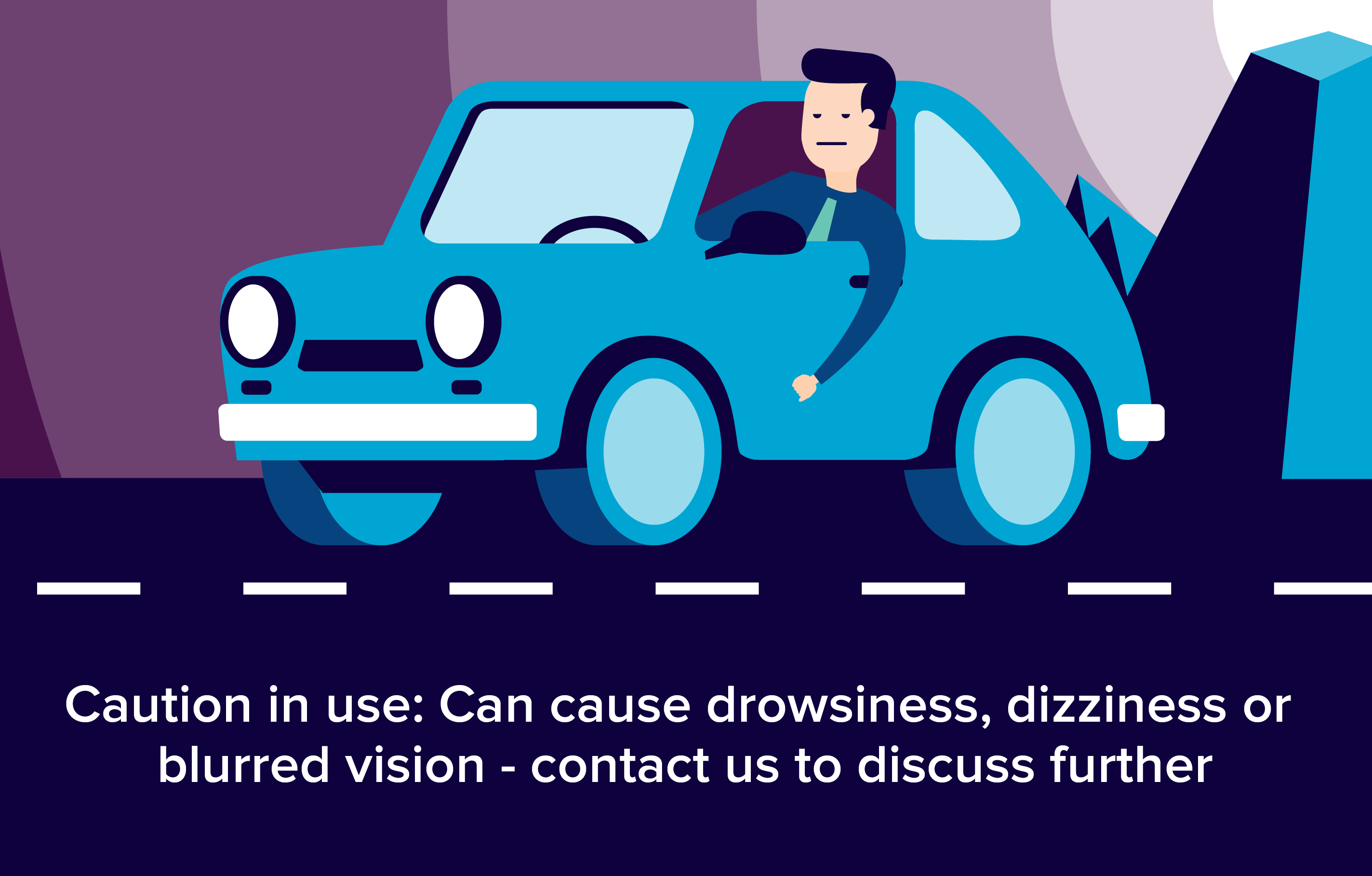Emergency contraception is also known as post coital contraception and can prevent pregnancy after unprotected intercourse. It is not quite true to say 'the morning after the night before' as it can actually work up to 72 hours of unprotected sex.

How does the emergency contraceptive pill work?
- Levonorgestrel, the medication found in Plan B One Step and Next Choice prevent pregnancy by preventing or delaying the release of the egg from the ovary. Emergency contraceptive pills may also alter the cervical mucous or reduce the ability of the sperm to bind to an egg. Recent research in Europe suggests that levonorgestrel emergency contraceptive pills may not be fully effective in those who weigh over 176 pounds - pregnancy prevention may fail. Teva Pharmaceuticals, the U.S. manufacturer of Plan B One Step, has not made the same label changes, but the FDA is reviewing the scientific data and will determine if label changes are required.
- Ulipristal, the progestin found in the emergency contraceptive pill ella, works to prevent pregnancy by blocking the natural hormone progesterone from occupying its receptor site in the body.
Are there any side effects with the emergency contraceptive pill?
- Emergency contraceptive pills are very safe to use. Side effects, if they occur at all, are usually short-term and mild. Nausea has been reported in about 18%, or 18 out of 100 women using levonorgestrel emergency contraception. Vomiting may also occur in about 4% of women. If vomiting should occur within three hours of taking an emergency contraceptive pill, women should contact their healthcare provider as a repeat dose may be needed.
- Other side effects include irregular bleeding or spotting and other short-term side effects like headache, breast tenderness or stomach pain.
- Additionally, studies have shown that emergency contraception pill use does not increase the risk to the developing fetus in women who may already unknowingly be pregnant. However, the emergency contraceptive pill should not be taken by a woman who knows that she is pregnant.
- Women who normally cannot use combined birth control pills because of medical conditions such as migraines, heart or liver conditions, or breastfeeding can still safely use the emergency contraceptive pill as it is just a one-time dose.
Emergency Contraceptive Pill Products
- The emergency contraceptive pill regimen recommended by the World Health Organization and The American College of Obstetrics and Gynecology is 1.5 mg of levonorgestrel up to 5 days (120 hours) after unprotected sex. Levonorgestrel is the generic name of the progestin that is found in emergency contraceptives such as Plan B, Plan B One Step, and Next Choice. Plan B, the original two-tablet regimen is being phased out and is being replaced with Plan B One-Step, the one tablet regimen; however, the two tablet regimen is still available by the name of Next Choice or the generic levonorgestrel and may be more affordable.
Dosing of the Emergency Contraceptive Pill
NorLevo
- NorLevo is available OTC as a single tablet of 1.5 mg of levonorgestrel. The tablet in NorLevo should be taken as soon as possible up to 5 days after unprotected sex. The manufacturer recommends that NorLevo be taken within 72 hours, or 3 days of unprotected sex, but studies have shown it can still be moderately effective up to 120 hours, or 5 days after unprotected sex. As with all emergency contraceptive pills, they are more effective the sooner they are taken.
EllaOne
- In addition to the emergency contraceptive pills known as Norlevo, there is another type of emergency contraceptive pill called EllaOne that can also be used up to five days after unprotected sex. EllaOne contains 30 mg of ulipristal, and it works to prevent pregnancy by blocking the natural hormone progesterone from occupying its receptor site in the body. It blocks the body’s own progesterone.
Like other emergency contraceptive pills, EllaOne can be used up to 5 days after unprotected sex or a contraceptive failure but should be taken as soon as possible, as it is more effective the sooner it is taken.
How often can I use the emergency contraceptive pill?
If unprotected sex should occur again, even within the same cycle, it is safe to use the emergency contraceptive pill again if needed. However, a health care provider or clinic should be contacted as soon as possible so that a regular form of birth control can be initiated for ongoing, use. You should not use the emergency contraceptive pill as a regular method of birth control, because:
- it can be costly and inconvenient
- it is not as effective as other options for birth control
- it may expose the woman to higher total levels of hormones
- it may lead to continued side effects, such as irregular periods or breast tenderness
Are there other options besides the emergency contraceptive pill?
Another option for emergency contraception is the insertion of the copper intrauterine device (IUD) up to 5 days after unprotected sex or a contraceptive failure. The copper IUD is a T-shaped, hormone-free device that is inserted by a healthcare provider into the uterus to prevent pregnancy.
The copper IUD form of emergency contraception may be a good choice for women who would like to leave the IUD in place as continuous, long-term birth control. Pregnancy should be ruled out prior to insertion of a copper IUD. Women should discuss this option with their physician.
Mirena, an IUD that contains levonorgestrel cannot be used as an emergency contraceptive.
References:
http://www.drugs.com/article/emergency-contraceptive-pill.html
https://www.plannedparenthood.org/learn/morning-after-pill-emergency-contraception
https://en.wikipedia.org/wiki/Emergency_contraception
http://www.irishhealth.com/article.html?id=513

